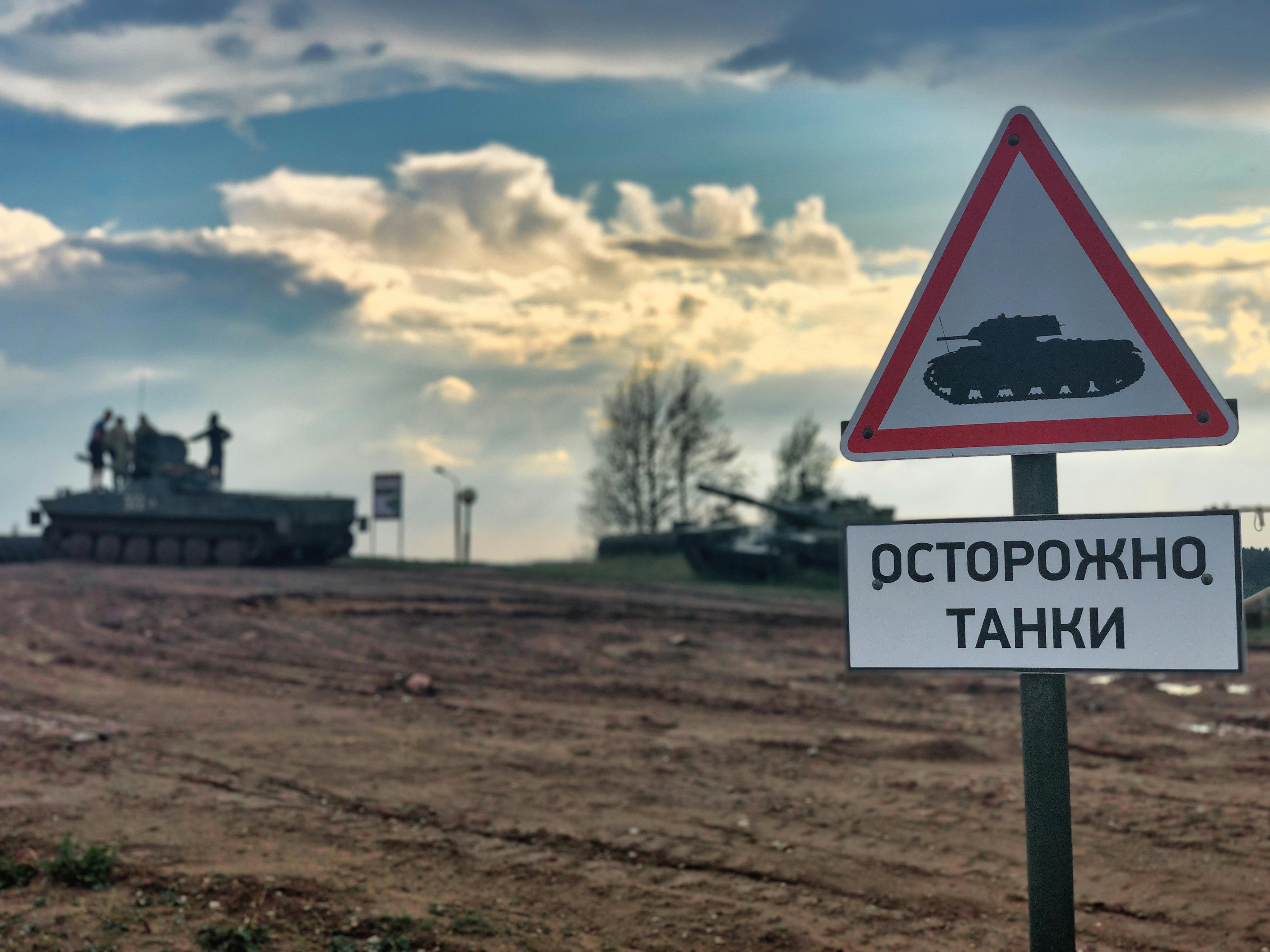Russian Military Presence In Syria: Strategic Implications Of Sustained Deployment At Key Bases

Russia’s military involvement in Syria, initiated in 2015, has played a pivotal role in shaping the dynamics of the Syrian Civil War and the broader Middle East. Anchored by key military bases such as Hmeimim Air Base and Tartus Naval Facility, Moscow has solidified its presence in the region. This article examines the strategic motivations behind Russia’s sustained deployment in Syria and its implications for global geopolitics.
Historical Context of Russian Military Presence in Syria
Overview of Russia’s Initial Intervention
Russia entered the Syrian conflict to support President Bashar al-Assad’s regime against rebel factions and extremist groups. Its intervention marked a turning point, enabling Assad to reclaim significant territory. By establishing a foothold in Syria, Moscow aimed to protect its long-term ally and secure its interests in the region.
Establishment and Expansion of Key Military Bases
Hmeimim Air Base: Located near Latakia, this base has been a critical hub for Russian air operations, hosting advanced fighter jets, bombers, and drones.
Tartus Naval Facility: As Russia’s only naval base in the Mediterranean, Tartus ensures logistical support for naval operations and allows Russia to project power beyond its borders.
Strategic Importance of Key Bases
1. Geopolitical Significance
Syria serves as a cornerstone of Russia’s Middle Eastern strategy, providing access to key trade routes and energy corridors. By maintaining a presence in Syria, Russia reinforces its position as a major player in regional geopolitics.
2. Military Value
The bases enable Russia to project military power across the Mediterranean and the Middle East. Hmeimim Air Base facilitates rapid deployment of forces, while Tartus supports naval operations, ensuring a continuous Russian presence in critical waters.
3. Energy and Economic Interests
Syria’s location makes it strategically important for controlling energy transit routes. Moscow’s involvement strengthens its hand in shaping energy dynamics in the region.
Broader Geopolitical Implications
1. Impact on U.S. and NATO Strategies
Russia’s presence in Syria challenges Western dominance in the Middle East. By countering U.S. and NATO influence, Moscow has positioned itself as a critical arbiter in regional affairs.
2. Role in Russia’s Global Strategy
Russia’s actions in Syria are part of a broader effort to establish a multipolar world order. By demonstrating its military capabilities, Moscow seeks to reassert its status as a global superpower.
3. Regional Stability and Alliances
Russia’s alliance with Iran and the Assad regime underscores its influence in shaping Syria’s future. Simultaneously, its cooperation with Turkey reflects a pragmatic approach to managing competing interests in the region.
Challenges and Criticisms of Russia's Continued Presence
1. Economic Burden
Maintaining foreign military bases is costly, and Russia’s involvement in Syria has strained its economy, especially under Western sanctions.
2. Local Opposition and Unrest
Russia’s presence has faced criticism from local populations and opposition groups, who view it as an occupation that exacerbates Syria’s instability.
3. International Criticism
The international community has accused Russia of prolonging the Syrian conflict and contributing to civilian casualties through its military operations.
Potential Future Scenarios
1. Escalation of Conflict
If tensions in the region escalate, Russia’s forces may face greater challenges, including direct confrontations with opposing powers.
2. Strengthening or Weakening of Russia’s Foothold
Russia’s future in Syria depends on its ability to navigate shifting alliances and regional dynamics. A strengthened foothold could solidify its influence, while missteps could diminish its role.
3. Broader Implications for the Middle East
Russia’s sustained presence could reshape the geopolitical landscape of the Middle East, influencing the policies of neighboring states and global powers.
Conclusion
Russia’s continued military presence in Syria underscores its commitment to advancing strategic interests in the Middle East and beyond. By maintaining control over key bases, Moscow enhances its ability to project power and influence regional outcomes. However, this presence is not without challenges, and the future of Russia’s role in Syria remains a critical factor in the evolving dynamics of the Middle East and global geopolitics.
Author: Ricardo Goulart
The Self-Destructive Nature Of Anti-Tourism Protests: Balancing Resident Concerns With Tourism Benefits
In recent years, anti-tourism protests have become increasingly common across popular tourist destinations. From the Bal... Read more
Military And Strategic Implications Of The Ukrainian Drone Attack In Kursk
On a recent morning, the Kursk region in south-western Russia witnessed an unexpected and significant event: a Ukrainian... Read more
Chinese Tech Stocks Gain Ground Despite Wall Street Technology Sell-Off
Chinese tech shares in Hong Kong gained on Friday, defying a technology stock sell-off on Wall Street, driven by strong ... Read more
Defense Pact Between Britain And Germany: A Focus On Cybersecurity And Joint Operations
In a move set to redefine European defense collaboration, Britain and Germany have signed a comprehensive defense pact a... Read more
US Secret Service Director Steps Down After Trump Assassination Attempt
Security lapses admitted by Kimberly Cheatle prompt resignation.Kimberly Cheatle, the head of the US Secret Service, has... Read more
Kamala Harris Promises A Brighter Future In Official Campaign Launch
In a vibrant and impassioned campaign launch, Vice President Kamala Harris vowed to lead America toward a "brighter futu... Read more

